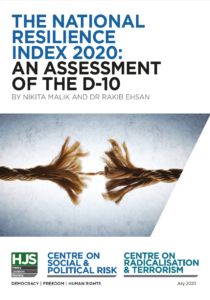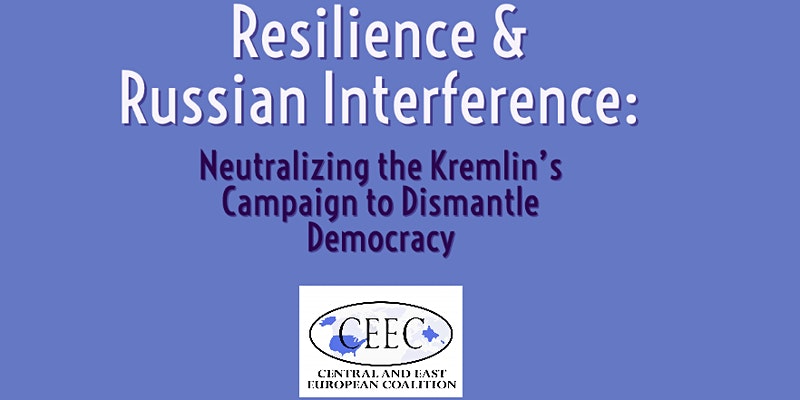Some warn that the current identity-driven populist discontent will cause democracies to die—an outcome that its foes, championed by Vladimir Putin, have schemed to bring about, The Economist reports:
The Economist Intelligence Unit (EIU), our sister organisation, has been compiling a democracy index since 2006. Last year’s score was the worst ever. Covid-19 has accelerated the decline…..The threat is not from military coups but governments in power. Given time, unscrupulous leaders can hollow out democracy completely. Two decades ago Venezuela held meaningful elections; today it is about to eliminate the last kernel of opposition (see article). But even in countries where such a calamity is unthinkable, the erosion of norms and institutions leads to worse government. To reverse this, you have to understand what has gone wrong.
 And yet, there are plenty of reasons to hope, The Economist adds:
And yet, there are plenty of reasons to hope, The Economist adds:
One of democracy’s strengths is that it promises lots of chances to start again. So long as elections take place, there is always the possibility of kicking the rascals out even in places where governments stack the vote. In the cities of Hungary and Poland voters have begun to reject repression and cronyism. In eu elections last year populists did worse than expected. Perhaps the pendulum has already begun to swing. India is too vast and too diverse for a single party to rule on its own. Democracy is adaptable, too….
The resilience of democracy – Democracy contains the seeds of its own recovery https://t.co/aFKn8mLzEZ
— Democracy Digest (@demdigest) November 30, 2020
Strengthening the resilience and professionalism of a key democratic institution – independent journalism – is the objective of a National Endowment for Democracy (NED)-supported initiative. The South East European Network for Professionalization of Media (SEENPM) aims to increase the availability of and public demand for high quality news and information on key societal issues and developments in the Western Balkans, Transitions Online reports:
 Partners: Specific objectives:
Partners: Specific objectives:
- To contribute to the advancement of news literacy in the region through activities partly based on the revived public appreciation of professional journalism during the coronavirus crisis “infodemic,” with engagement of key information actors (editors, senior journalists, media regulators and self-regulators, health workers, government officials, civil society activists, educators) as well as citizens in efforts to make sense and full use of lessons learned;
- To provide journalists and journalism students with opportunities to improve reporting skills through a series of training and consultation activities and apply those skills through a series of reporting assignments resulting in the production and publication of a substantial volume of news content;
- To continue efforts to revive media criticism as a discipline of journalism and tool for generating critical discourse on media content.








